A war on the EU's border has shaken its security order. China is becoming more and more of a rival and the future of Europe's transatlantic relations seems uncertain, while advancing climate change and the digital transformation are requiring massive responses. In addition, the EU itself requires urgent reform if it is to remain capable of taking effective action.
Against this background, the EU needs – more than ever before – a strong parliament in Brussels and Strasbourg. Since the first direct elections 45 years ago, the European Parliament's powers have been steadily expanded following numerous reforms. It is now a legislative body of equal standing in almost all European policy areas, adopting the EU's budget together with the member states, approving amendments to the European treaties and the accession of new EU members, and electing the European Commission. It is therefore all the more worrying that current forecasts predict right-wing political parties critical of the EU will post significant gains across Europe.
Our foundation is pursuing two goals through its activities related to the European elections. First, we want to help increase voter turnout, especially among young people. Second, we want to use our analyses, evaluations and policy recommendations to respond to the key challenges that will have to be addressed in the coming legislative period.
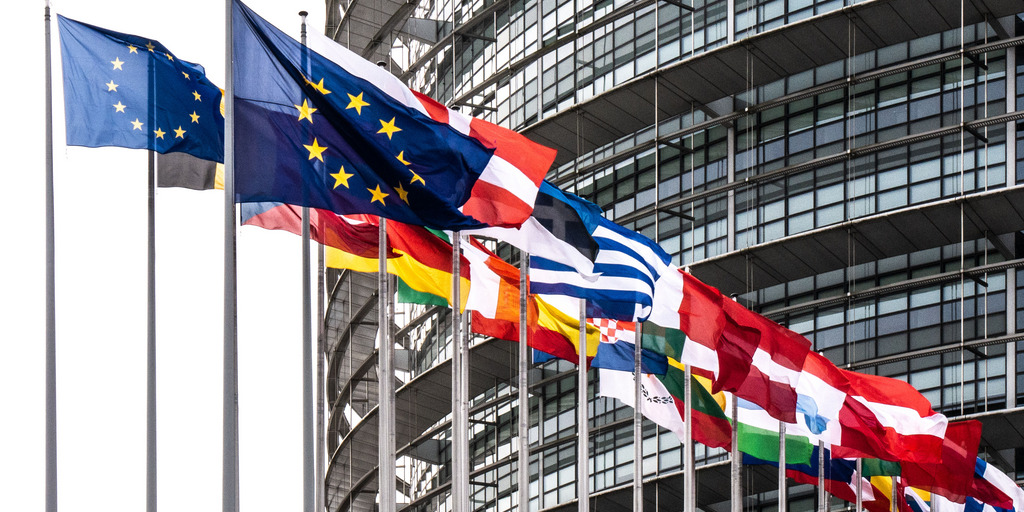


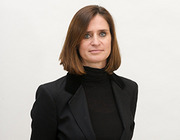



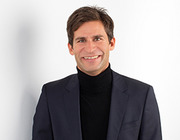



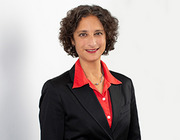









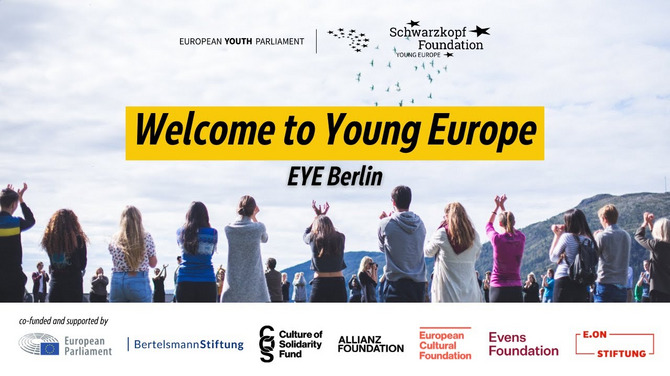

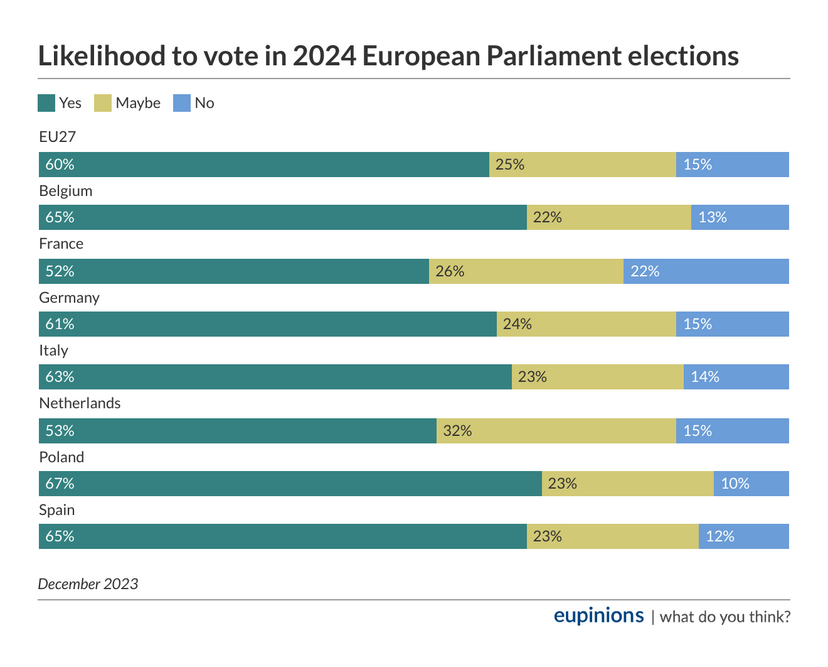
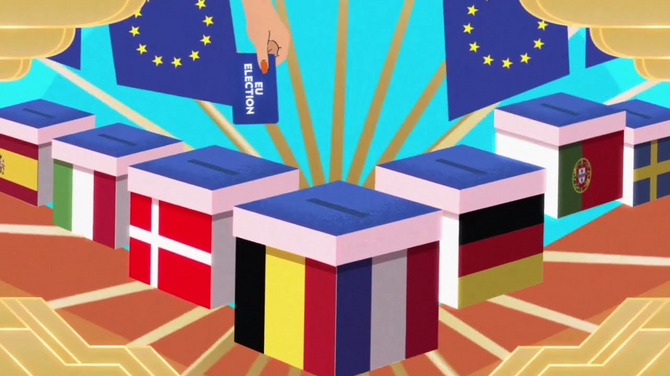



![[Translate to English:] viele Fragezeichen liegen übereinander. Auf der rechten Seite sticht ein rotes Fragezechen hervor.](/fileadmin/files/_processed_/c/2/csm_AdobeStock_204180371_KONZERN_ST-DZ_08_875fcc023d.jpg)


